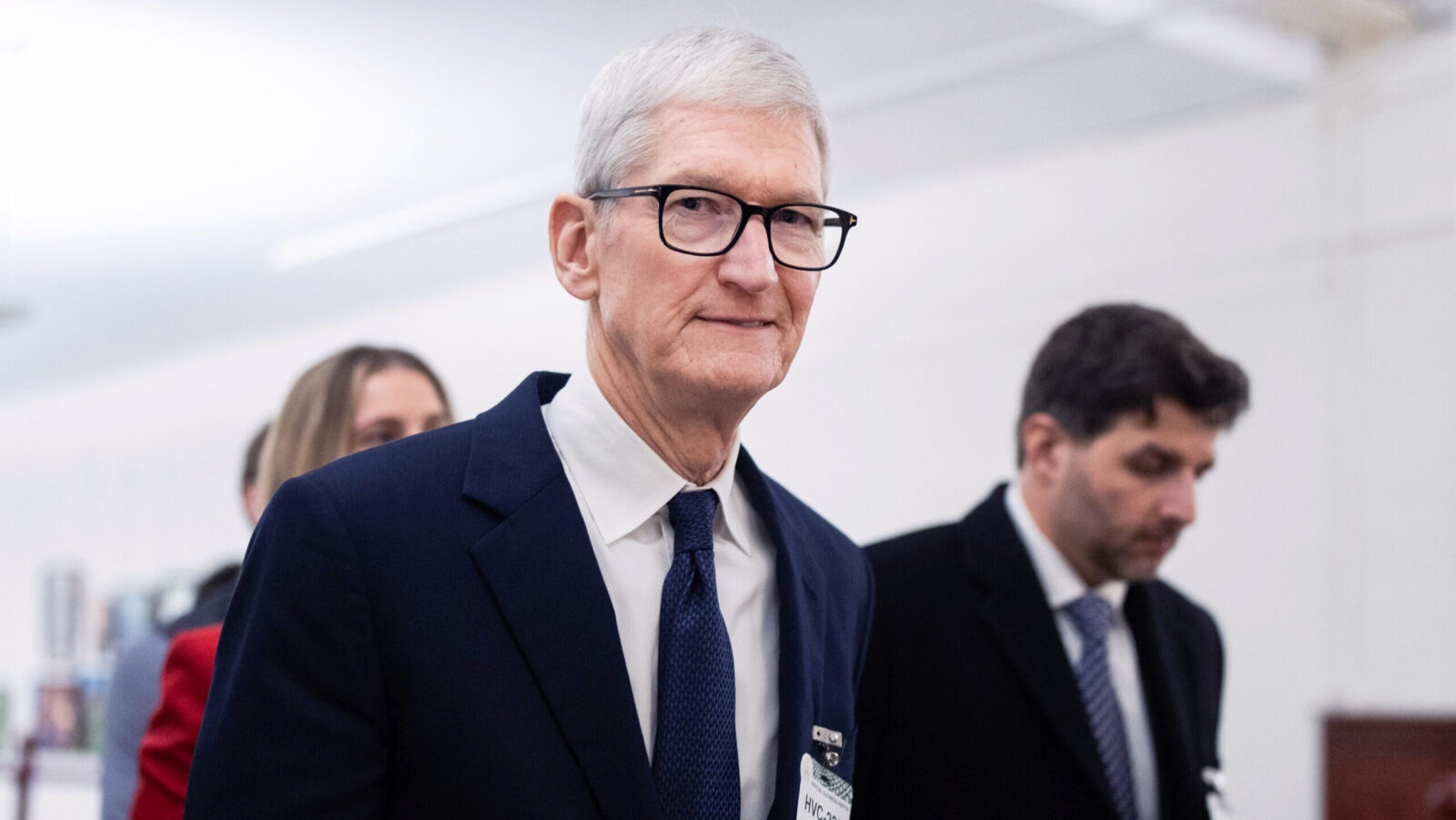DOJ Pressures Google to Adopt ‘Sharing is Caring’ Data Ethos
To Google, user search data is the all-important secret sauce that enables it to innovate and outperform rivals.

Sign up for smart news, insights, and analysis on the biggest financial stories of the day.
What’s Google without search? The world may soon find out.
At least, so says CEO Sundar Pichai. While testifying in Google’s search monopoly remedies trial on Wednesday, he likened the US Department of Justice’s proposal that the company share or license search data with rivals to a de facto divesture of its search engine. True or not, it would be the continuation of a global regulatory push against the Big Tech titan.
Sharing is Caring
To Google, user data is the all-important secret sauce that enables it to innovate and outperform rivals (Google also says that sharing the data presents privacy and security risks). But to antitrust regulators, the search data represents the ill-gotten fruits of the company’s illegal search monopoly, fruits that just so happen to make the monopoly even more powerful — i.e., nobody can compete with Google’s search engine without Google-levels of search data, and nobody can obtain Google-levels of search data because Google illegally boxed rivals out of the search market.
European Union regulators have already made the first move, requiring Google since last year to license search data with rivals under the Digital Markets Act. Still, Pichai insisted that the law’s requirements are “significantly narrower” than what the DOJ is now seeking in the US. But for the DOJ, that may be exactly the point:
- In a November blog post, privacy-focused search engine DuckDuckGo (which holds a less than 1% search market share, compared to Google’s more than 90% market share) accused Google of “malicious compliance” with European law by using a “conveniently overbroad” method of data anonymization that effectively omits “~99% of search queries” from its datasets.
- DOJ lawyers must have read the blog. In its proposed remedies framework for the case, the Justice Department calls for even more data-sharing than the Digital Markets Act, and specifically notes that “genuine privacy concerns must be distinguished from pretextual arguments to maintain market position or deny scale to rivals.” It also says that if Google claims some data cannot be shared due to privacy or security concerns, then Google itself should be prohibited from continuing to use such data.
Search and Destroy: The opening of the search data black box would be transformative. In fact, Pichai said it would effectively allow any rival to reverse-engineer Google’s search platform, and make any R&D with the product unviable for Google. And that’s just one remedy the DOJ is proposing. The agency also wants to end Google’s ability to strike exclusive deals making Google the default search engine on third-party browsers and devices. That, too, would mirror European policy, which apparently has already boosted smaller players in the bloc. Still, we won’t know for a while whether Google must submit to the full DOJ remedy menu. While the hearing will end next week, a final ruling probably won’t be revealed until August — at which point Google could pursue appeals. In other words: We’ll check in at the end of summer.











